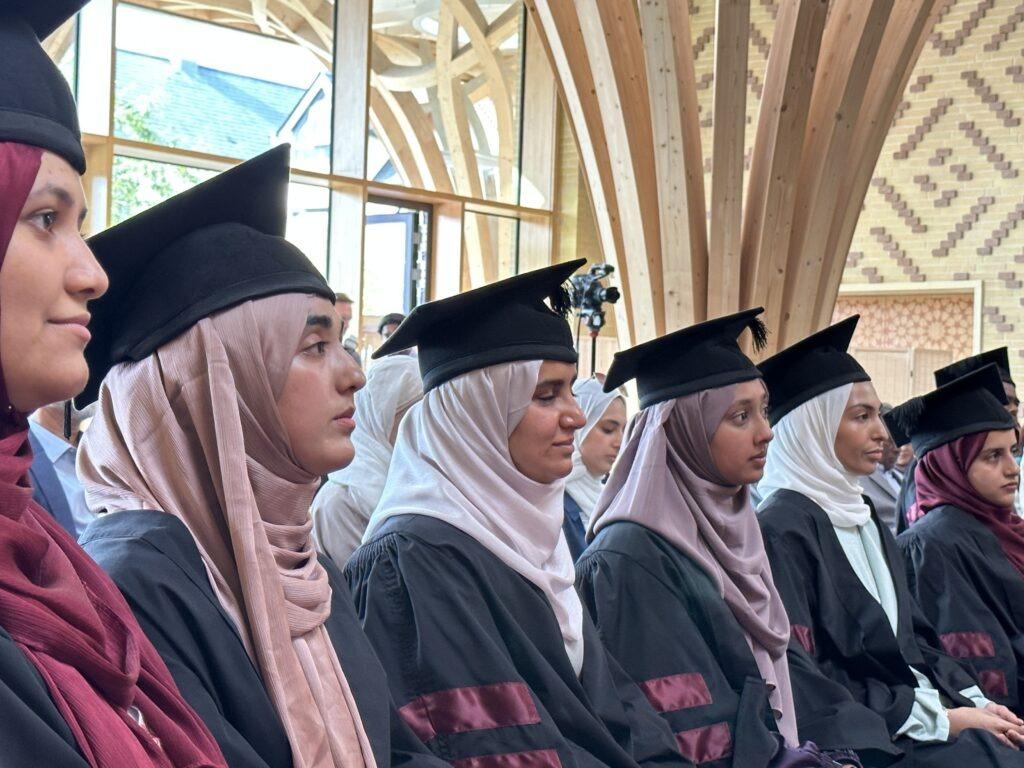Notifications

5 minutes, 27 seconds
-10 Views 0 Comments 0 Likes 0 Reviews

The study of Islam continues to gain global academic interest, especially in multicultural societies like the United Kingdom. A Centre for Islamic Studies serves as a vital academic and cultural institution, offering an environment where Islamic thought, culture, theology, and history are explored through critical scholarship. These centres contribute significantly to education, interfaith dialogue, research, and the broader understanding of Muslim societies across the globe.
A Centre for Islamic Studies is an academic institution or department dedicated to the advanced study and research of Islam and Muslim communities. These centres are usually part of larger universities or operate as independent research organisations. Their mission is to promote scholarly inquiry into Islamic civilisation, theology, law (Sharia), politics, literature, and cultural expressions of Islam.
In addition to offering degree programs, they organise lectures, conferences, and publish academic research that contributes to the global understanding of Islam and the role it plays in various societies.
The main objectives of any Islamic studies centre are:
To support scholarly research in Islamic theology, history, and law
To provide educational programs in Islamic studies at undergraduate and postgraduate levels
To promote dialogue between Islamic and non-Islamic communities
To contribute to policy and social development through expert analysis of Muslim societies
To foster interdisciplinary collaboration across global academic networks
These centres aim to dispel misconceptions and bridge cultural gaps by providing factual, balanced knowledge based on rigorous academic standards.
Most Centres for Islamic Studies are involved in several core activities:
Many centres offer formal degree programs such as BA, MA, MPhil, and PhD in Islamic Studies. These programs cover diverse areas including Quranic exegesis (Tafsir), Hadith studies, Islamic jurisprudence (Fiqh), Islamic history, Arabic language, and contemporary Islamic thought.
One of the most significant roles of a Centre for Islamic Studies is to conduct and publish research. Many centres contribute to journals, books, and academic papers that provide insights into pressing issues like Islamic ethics, interfaith relations, or the role of Islam in modern politics.
Islamic studies centres often host interfaith events and panel discussions involving scholars from different religious and cultural backgrounds. These events help to foster mutual understanding and address misconceptions surrounding Islam.
These centres frequently work with local communities to deliver workshops, seminars, and educational outreach programs. By involving the public, they help bring academic knowledge into real-world contexts.
Several respected Islamic research institutes and university centres are leading the way in Islamic scholarship:
The Oxford Centre for Islamic Studies (OCIS) – A globally recognised independent centre affiliated with the University of Oxford, known for its high-level research and international conferences.
Centre of Islamic Studies, University of Cambridge – Focuses on Islamic thought and Muslim experiences in the West. Offers unique fellowships and policy-relevant research.
SOAS University of London – Offers robust academic programs in Islamic studies, covering Islamic law, history, and languages.
Markfield Institute of Higher Education (MIHE) – Based in Leicestershire, this institute blends traditional Islamic education with modern academic methods.
In a time where misinformation and cultural misunderstandings are common, the role of a islamic arabic course is more important than ever. These centres equip students, policymakers, and the general public with accurate, contextual, and balanced knowledge of Islam. By grounding discussions in scholarship and evidence, they promote peaceful coexistence, academic integrity, and cultural awareness.
A Centre for Islamic Studies serves as a bridge between academic inquiry and community understanding. It plays a vital role in preserving Islamic intellectual heritage, promoting interfaith dialogue, and addressing contemporary global challenges through informed research and education.
Whether you're a prospective student, researcher, or community leader, engaging with an Islamic studies centre offers access to a wealth of knowledge and the chance to participate in meaningful global conversations.

